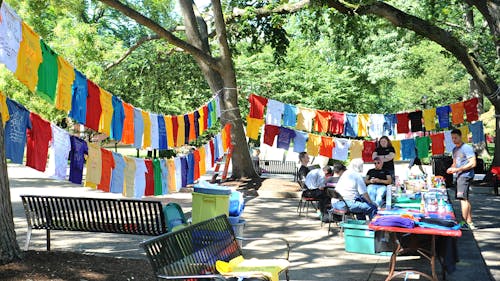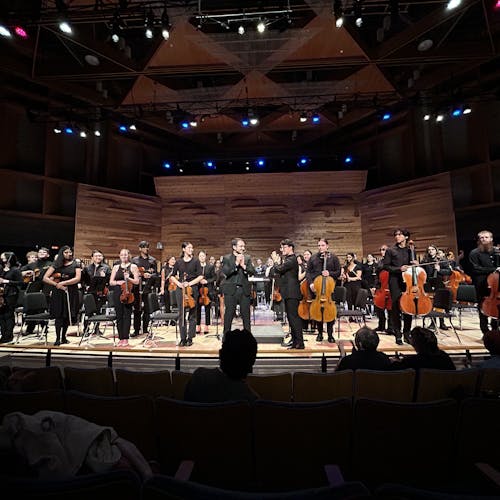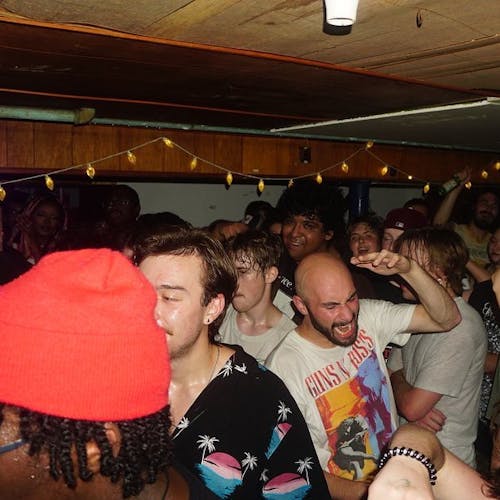Clothesline Project creates culture of support on campus

Today, Voorhees Mall is being transformed into a visual representation of the community of interpersonal-violence survivors at Rutgers with the Clothesline Project. The project is an interactive work of art built by the stories and invites people to share their voices in a supportive space.
“It is an opportunity for some survivors to start their trauma healing or to continue it,” said Loren Linscott, director of the Office for Violence Prevention and Victim Assistance. “It’s an avenue for them to express themselves in a way that’s empowering."
Anyone passing through Voorhees Mall can use their own words and artwork on a t-shirt to add to the visual representation of the supportive community at Rutgers, Linscott said.
Whether you want to keep the momentum of your healing going or have never shared your story before, Linscott said the Clothesline Project can be a place where you can heal, especially because the community of support is often larger than you think.
“You see grief, and you see sadness, but there’s also joy and support and celebration. And I think the overall emotion is a sense of coming together,” Linscott said.
T-shirts are available to survivors and people that want to honor survivors. Once designed the shirts are hung from the trees around the college green, creating a web of stories.
“We want students to go there regardless of whether they’ve been victimized themselves or know somebody who has because the mere presence of a lot of students there shows that it's okay to share your voice (and) that this community has your back, that it’s a safe place to share that and start that trauma healing,” Linscott said.
This year’s event is especially unique because it is happening in the shadow of Betsy DeVos's, the secretary of education, speech regarding sexual misconduct on college campuses and possible changes to laws under Title IX, a mandate that requires schools that receive federal funds not to discriminate on the basis of sex.
In June, The New York Times reported that DeVos’s civil-rights head said, “90 percent of campus accusations are over drunk or break up sex,” an angle that favors the accused in cases of sexual assault.
But DeVos’s recent speech at George Mason University seemed to take a more “balanced” approach.
The September speech announced a "reversal" of Obama-era policies about how to investigate sexual assault under Title IX.
The New Yorker called the talk DeVos’s “both sides approach to sexual assault,” as she said in the speech that the current system for investigating sexual misconduct fails both parties.
“Survivors aren’t well-served when they are re-traumatized with appeal after appeal because the failed system failed the accused,” DeVos said. “Everyone loses.”
Linscott said he would not comment separately on how DeVos’s agenda will affect Rutgers University but only because the University’s Title IX office is forming a formal response.
“We’re crafting a message out of the Title IX Office and the Vice Chancellors Office that will be released later this fall,” Linscott said.



